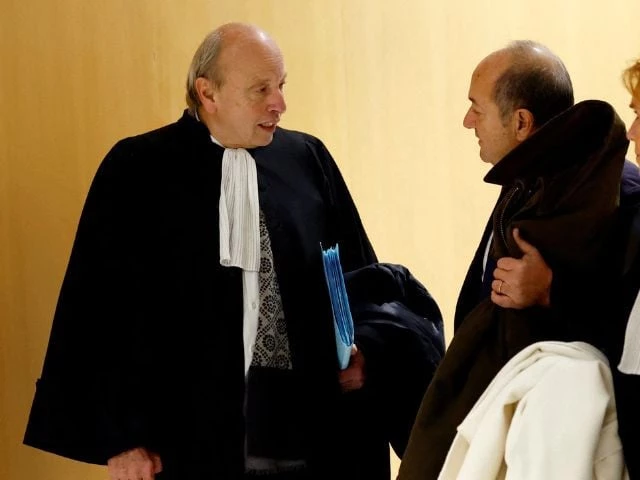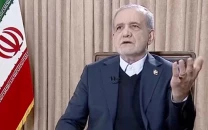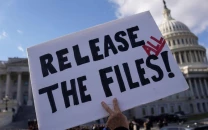Ex-French intelligence chief convicted of providing illegal services to LVMH
Squarcini found guilty of misusing state resources for surveillance that aided LVMH, parent of Louis Vuitton & Dior.

Bernard Squarcini, the former head of France's domestic intelligence services, was convicted on March 7, 2025, for using public resources to assist LVMH (Moët Hennessy Louis Vuitton) in a series of illegal activities, including surveillance on a French journalist.
Bernard Squarcini, who served as France’s intelligence chief from 2008 to 2012, was hired by LVMH as a security consultant after leaving his government post.
The court sentenced him to four years in prison—two years under house arrest with an electronic bracelet and two years suspended. He was also fined 200,000 euros ($217,300). His lawyer indicated that he plans to appeal the verdict.
The case centered around a scandal in which Squarcini and other individuals helped LVMH, the world’s largest luxury goods company, protect its reputation through illegal means.
One of the most egregious acts involved a covert surveillance operation targeting French journalist François Ruffin and his left-wing publication Fakir.
François Ruffin had been working on a documentary called Merci Patron (Thanks Boss), which criticised LVMH’s Billionaire CEO, Bernard Arnault, and the company’s business practices. In response, LVMH sought to monitor Ruffin and his team to prevent their planned disruptions at an LVMH shareholder meeting in 2013.
In addition to Louis Vuitton and Moët Hennessy, LVMH's portfolio includes Christian Dior Couture, Givenchy, Fendi, Celine, Kenzo, Tiffany, Bulgari, Loewe, TAG Heuer, Marc Jacobs, Stella McCartney, Sephora and Loro Piana.
Squarcini was found complicit in organising this surveillance, which included misappropriating state resources to track Ruffin and his colleagues.
The court ruled that Squarcini had abused his position to provide illegal services to LVMH, aiming to shield the company from negative publicity.
However, LVMH itself was not among the defendants in this trial, though it had previously settled with a French court in 2021 by paying a €10 million fine to avoid criminal prosecution in connection with the case.
The trial drew attention to the actions of the luxury conglomerate and its efforts to quash criticism by targeting those seeking to expose its business practices.
Notably, LVMH’s CEO, Bernard Arnault, was called to testify in the trial, but he denied any knowledge of the illegal surveillance. Arnault defended his reputation as a business leader who had built LVMH into a global powerhouse.
François Ruffin, who was one of the key figures in the case, welcomed the verdict, expressing satisfaction with the decision. He criticized the lack of accountability for LVMH itself, with his lawyer, Benjamin Sarfati, saying they regretted that Arnault was not a defendant.
François Ruffin himself, in a post on social media, praised the conviction as a victory against corporate espionage and the abuse of power.
LVMH declined to comment on the verdict, but its prior settlement in 2021 indicates a desire to close the case without admitting guilt.
Meanwhile, Bernard Squarcini’s legal team is preparing to appeal, and the public and media will likely continue to scrutinise the implications of the case for both corporate practices and the integrity of France’s intelligence services.










1721969212-0/BeFunky-collage]-(35)1721969212-0-208x130.webp)












COMMENTS
Comments are moderated and generally will be posted if they are on-topic and not abusive.
For more information, please see our Comments FAQ